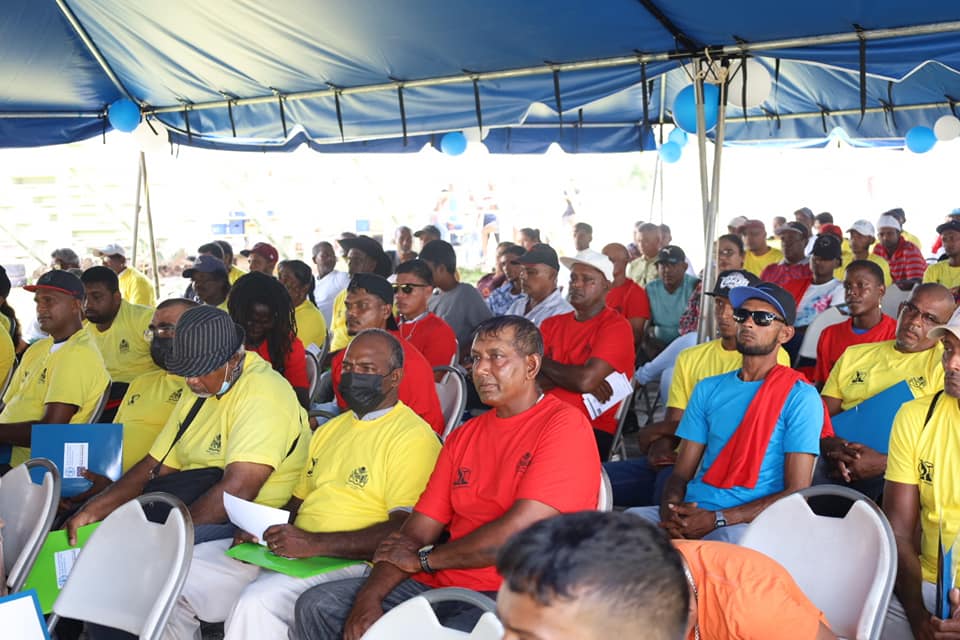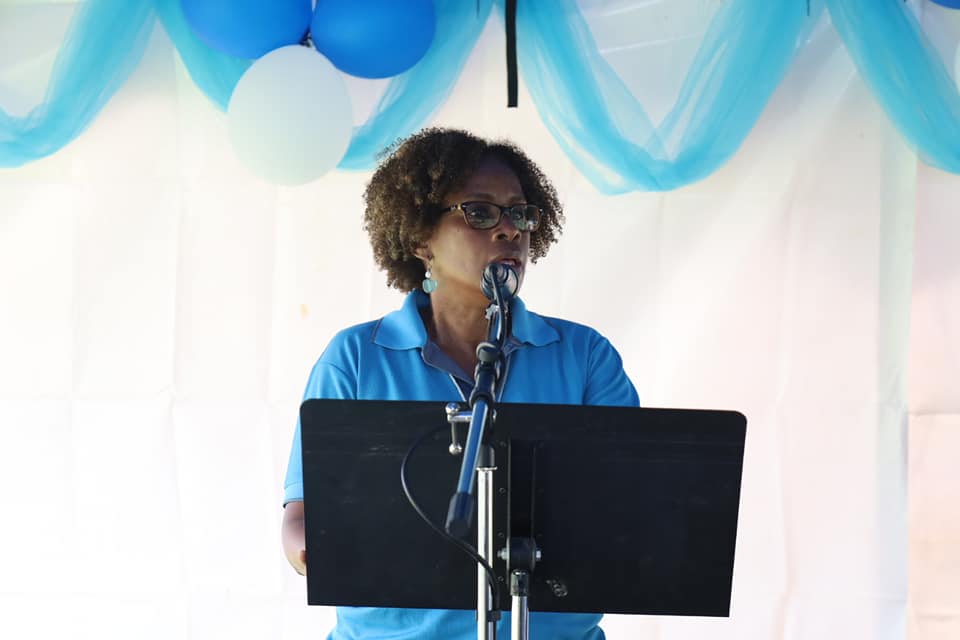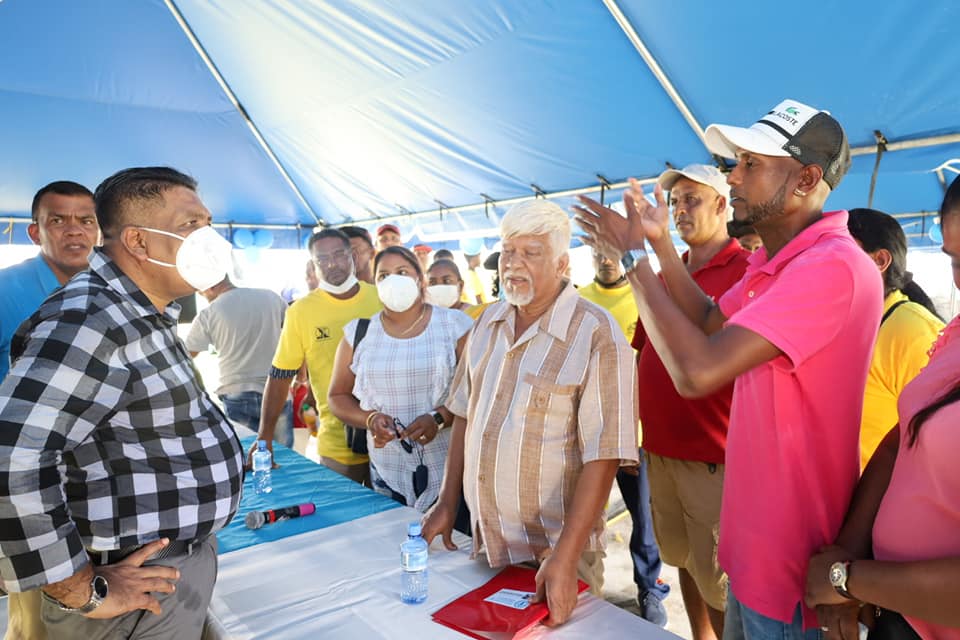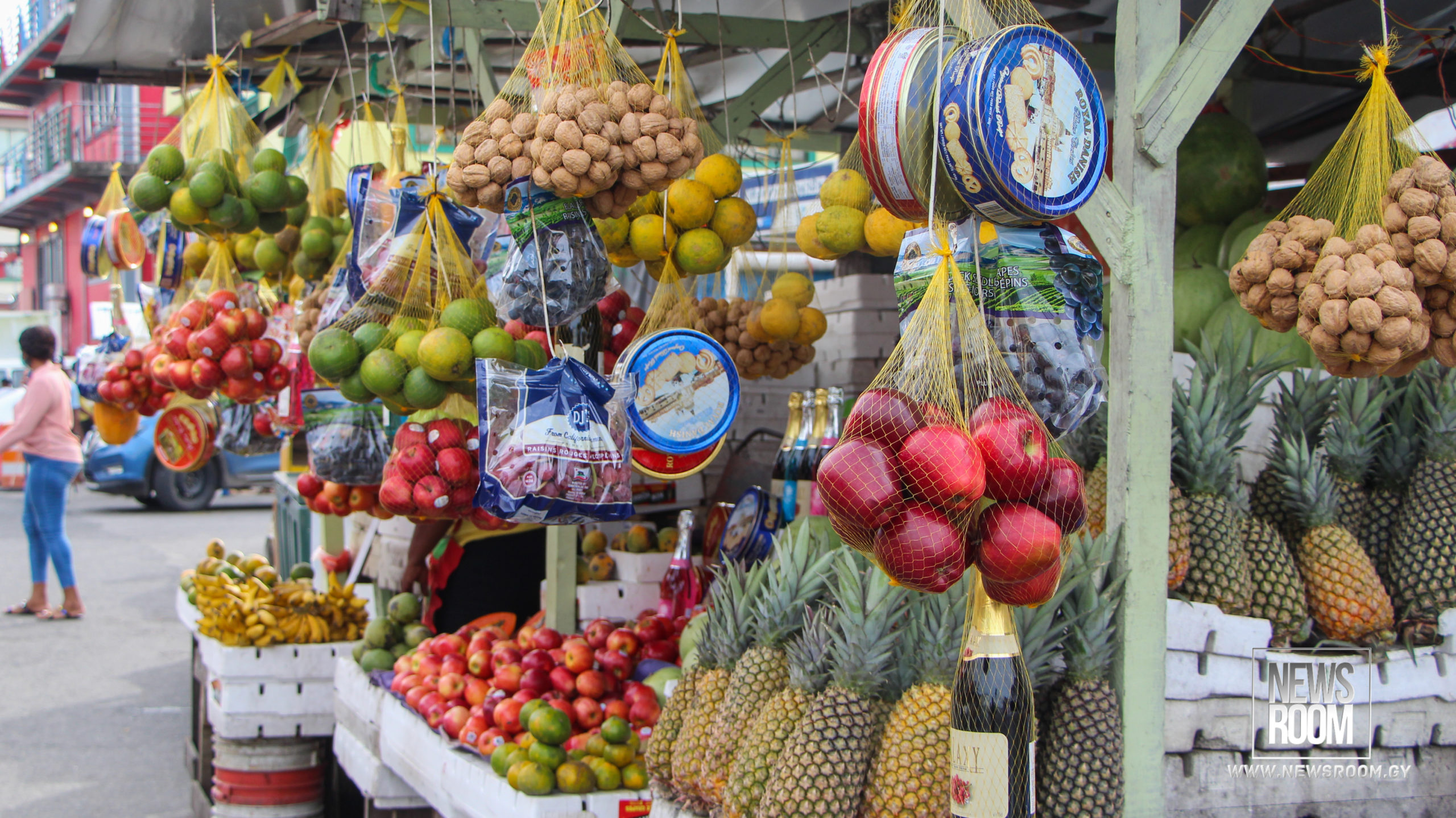A United Nations Food and Agriculture Organisation (FAO) study on the local fishing industry is reporting an increase in catches in certain areas. This is according to Minister of Agriculture Zulfikar Mustapha who addressed the official launch of the National Fisher Folk Day and Month 2022 at the Albion Sports Complex in Region Six on Saturday.
National Fisher Folk Day is observed annually. Those engaged in the fishing industry are recognised for their contribution to Guyana’s economy and food security. The theme for this year is “Collective action for safe and resilient Caribbean fisheries.”
“According to the fisheries data, in the last few months, we have seen certain catches in certain areas start increasing. You would not have the species that you want but we are seeing an upward trend,” Minister Mustapha stated.
The full report of the findings will be released shortly but the Agriculture Minister said: “I am telling you this because people want to create problems, people don’t want to see progress and our country is developing rapidly.”

An earlier study by the FAO with the help of the Environmental Protection Agency (EPA) found that the decline in fish catches is a result of climate change.
“It is not just this part of the world, it is a world phenomenon. In places like Thailand and Asia, where you had large catches before, catches have been declining because of climate change,” Minister Mustapha said.
To counter the challenges faced by small-scale fishermen, the government removed tax on fishing equipment and fuel.
Meanwhile, as climate change threatens fish catches, it also creates new sustainable opportunities for fishing, such as the government’s brackish water shrimp project on the Corentyne coast of Region Six.

Minister Mustapha revealed that within seven months, production of brackish water shrimp moved from 12 kg to 70 kg. He related that the project is about 75 per cent complete but plans are also underway to expand to other regions.
“We have people who are interested in other parts of the country and we will take this project to Regions Five, Four and Three; so this will become a whole new industry for us in our country.”
Through this project, the government is aiming to increase the production of this shrimp from 250,000 kg to 500,000 kg by 2025.
Meanwhile, the FAO’s Country Representative, Dr Gillian Smith, also launched the International Year of Artisanal Fishers and Aquaculture on Saturday.
The idea of the launch is to highlight the contribution fishermen make all over the world despite challenges.
“More than 40 per cent of the fish that is caught all over this world is caught by fishers such as yourself. 45 million women are employed all around the world in fisheries and 492 million people around the world depend on small-scale fishers to eat every day,” Dr Smith said.

Dr Smith called on the government, private sector, fisheries and consumers to work together to ensure the industry’s viability.
“The fisheries resources are not going to last forever if we don’t take care of them. We have to take care of our fishers’ resources and it is a job for all of us,” Dr Smith said.
Chairman of the Guyana National Fisherfolk Organisation, Pameshwar Jainarine, echoed similar sentiments, noting that small-scale fishers employ thousands of Guyanese directly and indirectly.
“We must [teach] our fishers to fish sustainably, to use the right gear, to use the right size of nets, we have to avoid smaller nets,” Jainarine stressed.
He explained that when the younger fishes are caught with smaller nets, their maturity and growth to produce eggs are affected.
Meanwhile, Jainarine noted that there have been numerous complaints from extension research officers concerning wrong information provided by fisher folk.

As such, he urged fisher folk to support and cooperate with extension research officers and provide accurate data to them about their catches and time spent at sea. He called for more cooperation between fishermen, support the fisheries extension officers, provide accurate data on the amount caught and time spent at sea
“This information is used by our research personnel, our marine scientist to assess the current status of our fish stocks, without an educated assessment we are fishing in the dark,” Jainarine said.
A forum for fisher folk to highlight their challenges so intervention and action needed can be made will be held shortly.












